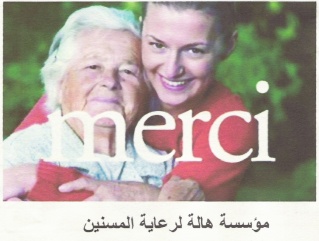Europe mobilizes against poverty in old
To mark the International Day of fight against poverty and social exclusion of 17 October and the first Annual Convention of the European Platform of struggle against poverty and social exclusion of 17-18 October in Krakow (Poland ), the platform Ages alert so as to guarantee a minimum income in old age can prevent poverty among the elderly and wants to provide an income which preserves a decent standard of living and be respectful of their personal dignity.
At a time when governments take drastic budgetary measures, an assessment of the impact of the crisis on the lives of millions of European elderly is essential. particularly for vulnerable groups (older women, those receiving the minimum income for old age, very old people living alone or in rural areas, Roma and migrants aged, older people from ethnic minorities, etc.).. These populations are particularly affected by the reduction of fringe benefits, including health care and long-term care free, subsidized transportation, housing and fuel checks, etc..
Platform AGE calls on member states to implement plans to provide retirement income senior citizens an adequate income that takes into account that older people themselves consider to be essential to maintain a decent standard of living and personal dignity.
AGE calls for:
- The use of criteria measures the rate of poverty which include three indicators (unemployment, relative poverty and material deprivation) to determine precisely the social reality of the different population groups and the specific risks they face ;
- The definition of national budgetary rules to ensure an adequate retirement income to maintain a decent standard of living and aging with dignity;
- Strengthening the social dimension of Europe in 2020 through the Open Method of Coordination on social protection and inclusion policies in linking national and European level and involves civil society.
National standards should be tailored to different groups of the population, including consideration of gender and different age groups: 60-79 and 80 +. They should also consider non-financial needs of older people, such as access to quality services in health and long-term care, decent housing, heating, public transport, lifelong learning Throughout life, social and civic participation, etc..
An adequate assessment of the situation and needs of the population of the EU is necessary if one wants to ensure that this group is actually included in the national and local strategies to fight against poverty and exclusion social and if we want to ensure that many of them out of poverty by 2020.
